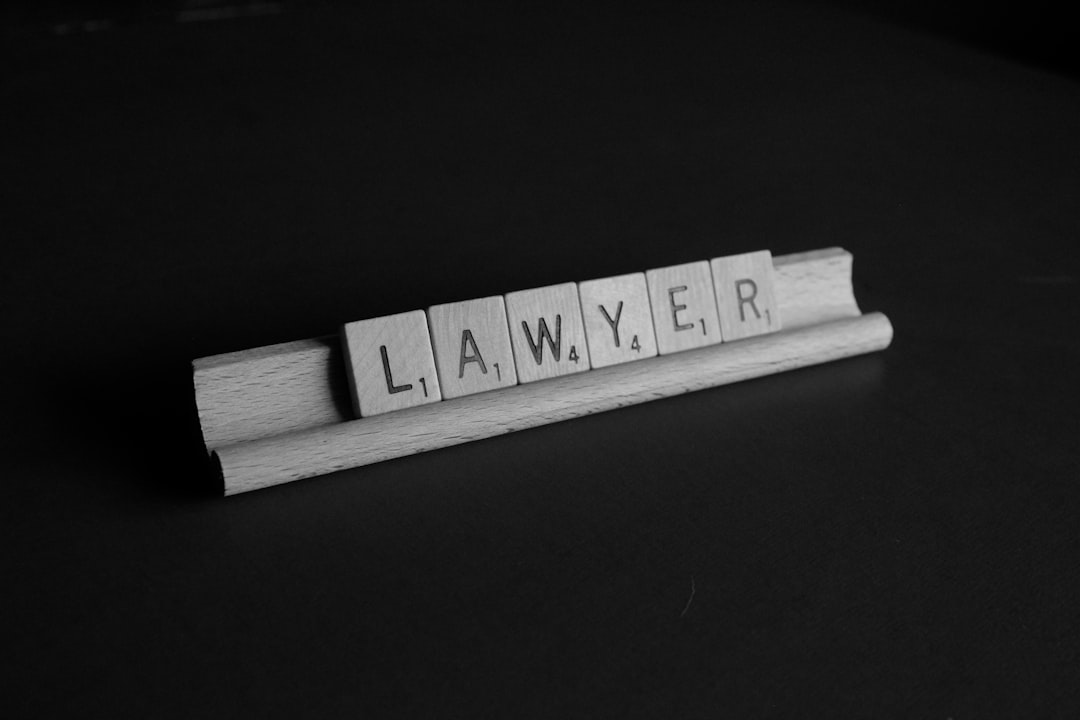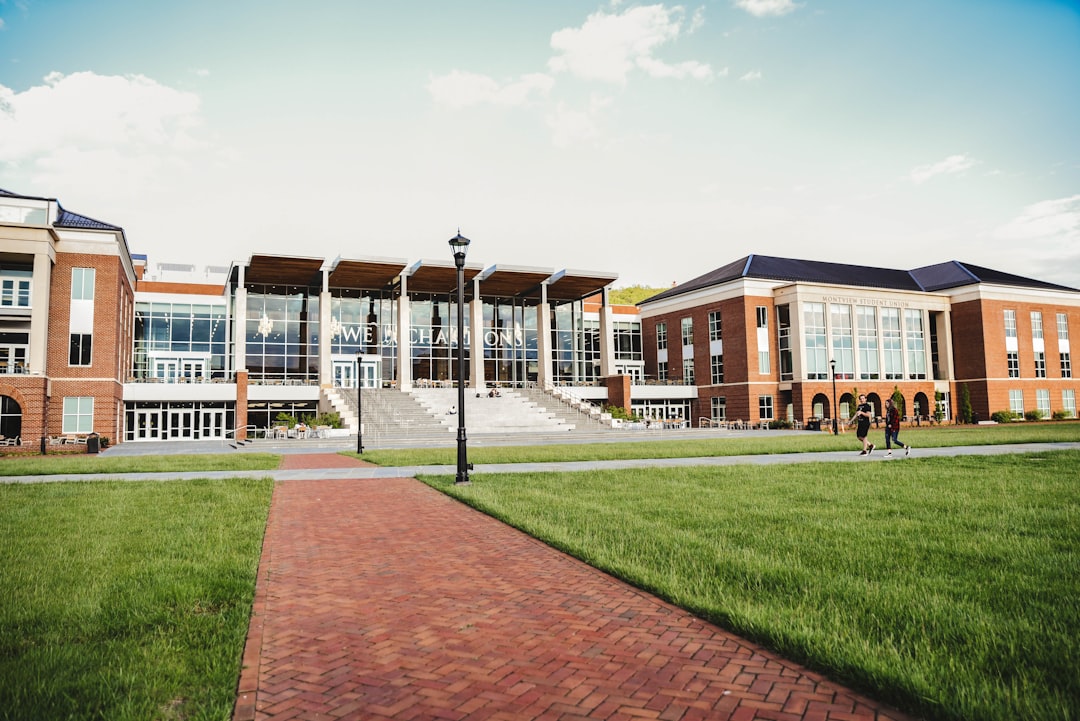"Pass the Trash" practice in Pittsburgh schools, where students pick up litter as punishment, has sparked concern among residents and education advocates. Local school abuse law firms are taking action against this unethical behavior, representing affected students, pushing for policy changes, and filing lawsuits to protect students' well-being and ensure a safe learning environment, emphasizing the importance of constructive discipline methods.
In Pittsburgh, Pennsylvania, a silent issue has been lurking in schools: the harmful practice of “Pass the Trash,” where students are forced to handle toxic cleaning products without proper training or protection. This article delves into the problem, highlighting legal actions taken by Pittsburgh’s school abuse law firms against institutions practicing this unsafe method. We explore how local PAs (Public Advocates) are advocating for change, fighting back against school abuse and advocating for safer learning environments.
Uncovering Pass the Trash in Pittsburgh Schools

In Pittsburgh, Pennsylvania, a disturbing practice known as “Pass the Trash” has been brought to light, sparking concern among residents and education advocates. This unethical behavior involves students being tasked with picking up and carrying discarded trash or waste generated by their peers, often as a form of punishment or discipline. Such school abuse is not just an embarrassing task but can also pose significant health risks, especially when students are exposed to harmful substances like broken glass, sharp objects, and toxic chemicals found in improper waste disposal.
Local school abuse law firms have taken notice of this issue, highlighting the potential legal implications and the importance of addressing it promptly. Parents and community members are encouraged to be vigilant, as “Pass the Trash” practices can foster a culture of humiliation and may lead to physical or emotional harm. With the right intervention, Pittsburgh schools can move towards more constructive discipline methods that promote student safety and well-being without resorting to such degrading practices.
Legal Action: School Abuse Law Firms Step In

In response to the widespread “Pass the Trash” practice in Pittsburgh, PA schools, where students are forced to carry and dispose of others’ litter, school abuse law firms have stepped up to take action. These legal experts, well-versed in education law and student rights, are now playing a crucial role in fighting against this harmful tradition. By leveraging their knowledge and resources, they’re representing affected students and their families, ensuring that the “Pass the Trash” practice is addressed and ultimately eliminated from Pittsburgh’s educational institutions.
The involvement of school abuse law firms has been instrumental in bringing attention to the issue and holding schools accountable. They’ve filed lawsuits, conducted investigations, and advocated for policy changes, all with the aim of protecting students’ well-being and upholding their rights to a safe, respectful learning environment. Through their persistent efforts, these legal action heroes are making significant strides in revolutionizing Pittsburgh’s approach to school discipline and waste management practices.
Advocating for Change: PAs Fight Back

In response to the pervasive “Pass the Trash” practice, Pittsburgh PA school abuse law firms have taken a steadfast stance against this harmful trend. These legal experts are advocating for systemic change, aiming to protect students from emotional and psychological harm caused by unfairly assigning academic responsibilities. They’re working tirelessly to educate both educational institutions and the broader public about the negative impacts of “Pass the Trash,” fostering an environment where each student receives equitable treatment and support.
Through strategic litigation, policy reform initiatives, and community engagement, Pittsburgh PA school abuse law firms are driving a movement towards more ethical teaching practices. Their efforts aim to ensure that education remains a nurturing space for growth and learning, free from the burden of excessive workloads and unreasonably high academic expectations.





